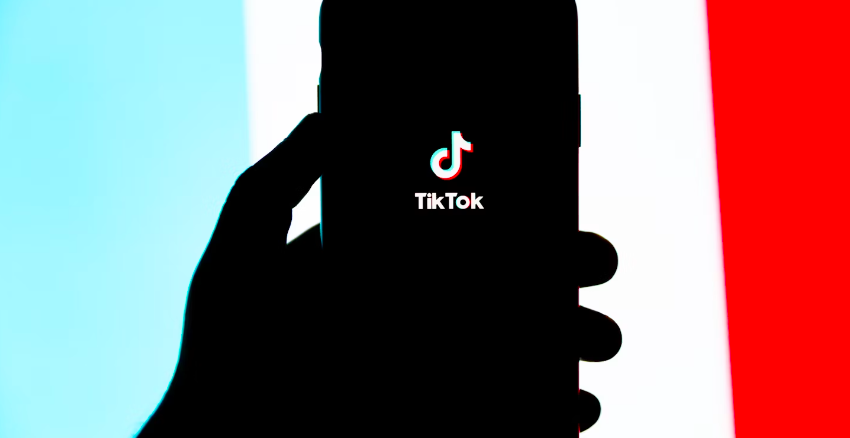
In recent years, TikTok has emerged as a cultural phenomenon, captivating millions of users worldwide with its short-form videos and vibrant community. However, the app’s popularity has been met with increasing scrutiny, particularly in the United States, where concerns over national security and data privacy have led to calls for its ban. The decision to ban TikTok stems from worries about its Chinese parent company, ByteDance, and its potential to compromise user data and influence American politics and society.
The ban on TikTok in America raises several significant issues beyond national security concerns. It disrupts the lives and livelihoods of millions of users, including social media influencers, content creators, and businesses that rely on the platform for visibility and engagement. For many individuals, TikTok serves as a primary source of income, making the ban a devastating blow to their careers and financial stability.
This has sparked debates about freedom of expression and censorship in the digital age. While TikTok has faced criticism for its content moderation policies and handling of sensitive topics, banning the app outright raises questions about the government’s role in regulating online speech and creativity. Critics argue that the ban sets a dangerous precedent for government intervention in the digital realm and could have chilling effects on free speech and artistic expression.
Additionally, the ban highlights broader geopolitical tensions between the United States and China, with technology and data becoming key battlegrounds in the ongoing rivalry between the two global superpowers. As countries increasingly view technology as a strategic asset, the control and ownership of digital platforms like TikTok have become geopolitical flashpoints, reflecting deeper anxieties about economic competition and national security.
The ban on TikTok underscores the challenges of regulating global tech platforms in an interconnected world. With users spanning across borders and jurisdictions, enforcing bans and restrictions on apps like TikTok is complex and fraught with legal and logistical hurdles. The ban raises questions about the effectiveness of national-level approaches to addressing transnational issues such as data privacy and cybersecurity.
The ban on TikTok in America has far-reaching implications that extend beyond national security concerns. It impacts users, content creators, and businesses, raises questions about freedom of expression and censorship, reflects broader geopolitical tensions, and underscores the challenges of regulating global tech platforms. As policymakers navigate these complex issues, it is essential to balance legitimate security concerns with the protection of individual rights and the promotion of a free and open internet landscape.
SheSociety is a site for the women of Australia to share our stories, our experiences, shared learnings and opportunities to connect.

Leave a Reply